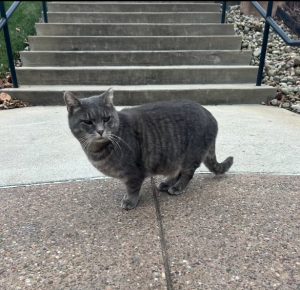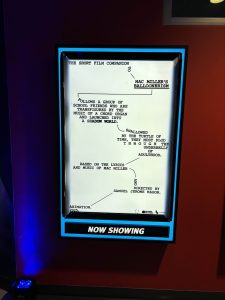Parking Garage Shutdown Gives Students a Reality Check
September 19, 2016
Parking is one of a myriad of inequalities that define the class gap between students. $300 is the annual fee to park a car in the CalU parking garage. Personally, I have known a few students who prefer to park on the hill overlooking the university. In town, the closest meter-free parking spot is slightly further than Spuds. Either choice involves some travel by foot.
Walking three blocks and perhaps a slight hill with all of one’s groceries is a reality that some CalU students experience on a weekly basis. These students learn to put their coveted belongings in their trunks or simply keep them on hand. They cannot lock their vehicles from their residence hall window. Sometimes, a time crunch might necessitate a sweat-inducing run across town.
For me, parking my car far away from my place of residence was a coming-of-age experience. I had driven to San Diego to work for the summer when I found that parking next to my fairly squalid apartment building was out of my price range. I soon befriended a homeless man who more or less guarded a nearby bridge over I-5. He sat in my coveted free parking spot while I went grocery shopping every week, and every week I cooked him some potatoes. During that summer, my old car’s locking mechanism broke. It would not surprise me if my friend spent some nights in my car’s shelter, occasionally dipped into my coin bank, or helped himself to some half-sticks of gum.
An unlockable car was my main form of transportation in a new and bustling city. It was frightening, and I felt raw. Was a riot cracking my windows? Was someone siphoning my gas? How easy was it to hotwire? In my suburban home, I was always able to see my car from my bedroom window. I would actually forget to lock it from time to time. I’d leave valuables, like my GPS, in the front seat or even on the dashboard. Now I make comments about people who are just asking to be robbed – before, I was one of those people whose careless action predisposed them to victimhood.
It sounds crazy, but life’s unnoticed details, like how and where you park your car, speak volumes about a person’s lifestyle. I overheard students’ complaints about the parking garage, presumably their closest lot, being unavailable. One student even threatened to leverage a faculty friend to ensure a parking spot on campus. As someone who parked two blocks away from my in-town apartment last school year, it was hard to clench my teeth and nod. Sometimes life throws curve balls. Literally, they can break windows, and, figuratively, they can bar students from their usual parking spots.
While some students wake up early to cook and prepare their bagged lunches, hustle to the library to print before class, or check their email on university-sponsored computers, other students struggle to cope with the temporary forfeiture of their favorite parking spot. To me, this bitter taste of reality is a flavor that low-income students bite into every day. It’s far from the ideal, but it molds an individual prepared for life’s adverse and often unpredictable surprises.





